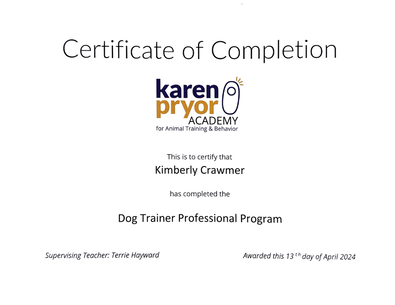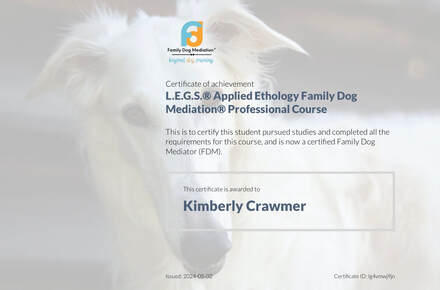- Home
-
MSCA Registered Maremma Sheepdogs for Sale
- Livestock Guardian Dog Training & Consulting
-
Mini Nubian & Nigerian Dwarf Goats for Sale
-
Maremma & Goat Info
- Prancing Pony Farm Blog
-
Maremma Sheepdog Info
- Maremma Sheepdog FAQs
- Favorite Dog Products
- Housing Maremmas
- Grooming Maremma Sheepdogs
- Feeding our Maremma Sheepdogs
- Vaccine and Parasite Protocol for Our Maremma Puppies
- Keeping Your Maremma Sheepdog Cool in Summer
- Goat Milk for Healthy Dogs and Puppies
- Whelping & Puppy Rearing Info & Supplies for LGD's
-
Goat Care Info
- Dairy Goat Blog
- Bringing Home Your New Goat
- Health concerns of your new goat
- Dairy Goat FAQ's
- Goat Care Articles & Links
- Clicker Training Goats
- Favorite Goat products
- Supplies for Goats
- Feeding Mini & Dwarf Baby Goats
- Housing Does & Kids
- Goat Parasites
- Annual Disease Testing of Goats
- Goat Hoof Trimming
- Milking Dairy Goats
- Milking Nigerian Dwarfs versus Mini Nubians
- Our Dairy Goat Milking Parlor
- Disbudding Mini & Dwarf Goats
- Mini Nubian Ears
- Home
-
MSCA Registered Maremma Sheepdogs for Sale
- Livestock Guardian Dog Training & Consulting
-
Mini Nubian & Nigerian Dwarf Goats for Sale
-
Maremma & Goat Info
- Prancing Pony Farm Blog
-
Maremma Sheepdog Info
- Maremma Sheepdog FAQs
- Favorite Dog Products
- Housing Maremmas
- Grooming Maremma Sheepdogs
- Feeding our Maremma Sheepdogs
- Vaccine and Parasite Protocol for Our Maremma Puppies
- Keeping Your Maremma Sheepdog Cool in Summer
- Goat Milk for Healthy Dogs and Puppies
- Whelping & Puppy Rearing Info & Supplies for LGD's
-
Goat Care Info
- Dairy Goat Blog
- Bringing Home Your New Goat
- Health concerns of your new goat
- Dairy Goat FAQ's
- Goat Care Articles & Links
- Clicker Training Goats
- Favorite Goat products
- Supplies for Goats
- Feeding Mini & Dwarf Baby Goats
- Housing Does & Kids
- Goat Parasites
- Annual Disease Testing of Goats
- Goat Hoof Trimming
- Milking Dairy Goats
- Milking Nigerian Dwarfs versus Mini Nubians
- Our Dairy Goat Milking Parlor
- Disbudding Mini & Dwarf Goats
- Mini Nubian Ears
Milking Our Mini Dairy GoatsThis is how we milk our goats and the products we use. There is no one “right” way to milk but this is what works for us. We’re just sharing it here for those who are new to milking goats. Feel free to adapt it to your needs or to scrap the whole thing and do what works best for you and your does. Happy milking! 🐐🐐🐐🐐🐐🐐🐐
Production differences between Nigerians and Mini NubiansMilking goats is child’s play!Milking with my Simple Pulse is so simple a child can do it!Useful Companies & Products for Milking Goats
0 Comments
Before you bring home your new goats you should be prepared with all the supplies you’ll need to take care of them. Below is a list to get you started!Basic Supplies
Medical, Grooming & Nutritional supplies
If you’re purchasing goats from us this article is to help you prepare for your new arrival before you pick them up. If you live in another area of the country and are getting your goats elsewhere this article may still be beneficial to you but keep in mind that some things mentioned here are regional, like types of hay commonly available or shelter appropriate to the weather of the area, and some things are dependent on the types of goats being discussed. We raise Mini Nubian and Nigerian Dwarf Dairy Goats on our farm in Central California, where winters are mild but summers are brutal and where alfalfa hay is the most economical and readily available thing to feed livestock of any kind but grass and browse are almost unheard of. The info we are providing here is based on what we do with our herd, based on our geographic area and their needs. If you don’t live in this area then adapt it to what works for you, but if you do live here and especially if you are buying a goat from us this article should help you be better prepared to start this fun new adventure! Things You'll Need Before Bringing Your Goats Home:A Goat Buddy Goats are herd animals so the first thing your new goat needs is another goat buddy! A dog is not an appropriate substitute for another goat because a dog is not a herd animal, like a goat is. A horse or pony is better than nothing but really, goats need to be with others of their own kind, that think, play and act similarly. Your goat won’t be as happy and healthy by itself as it will be with another goat. It may be stressed and stress leads to illness and sometimes death in goats. It will be overly dependent on you, often yelling for attention all the time. And you will miss out on the joy of seeing the goats playing together. So do your goat and yourself a favor and make sure you have at least two! Or 3, or 10! ☺️ Proper Housing Goats can handle cold weather but they can’t handle excessive heat or too much rain, so appropriate shelter is a must. (They are susceptible to both heat stroke and pneumonia. And they HATE rain!) This can be as elaborate as an enclosed barn or a run in shed or as simple as a large dog house or a calf hutch. Our bucks live outdoors with large calf hutches and Dog Igloos for cold and rainy weather and a tall open horse shelter for shade in summer. Our does and kids live inside a large horse barn or in paddocks with large calf hutch shelters. We use both Polytec and Calftel hutches and love them because they are easy to move around, especially the Polytec ones because you can just roll them! In winter time they also have large dog houses and small calf hutches inside the barn for extra warmth. We provide Premier 1 Heat Lamps in the calf hutches during kidding season in the coldest months. Since our barn is a very open and tall horse barn we also use Shade Sails around the barn and paddocks in summer to keep out the heat and tarps in the winter to keep out rain and wind. We deep bed the stalls during winter and kidding season with hay, straw or pine shavings but we keep the floors bare in summer and rake daily. Protection from Predators Goats are at high risk from predators and even horned goats can’t protect themselves adequately from such attacks. I highly recommend you have a Livestock Guardian Dog in place the minute you bring home your goats. Even if you don’t have coyotes, mountain lions and bears you may have stray dogs as well as human predators who would hurt or steal your goats. The first line of defense is a properly locked up and secure pasture or barn. The second defense is a LGD. If you don’t have a LGD then lock your goats up tight inside a completely enclosed barn at night and pray. Seriously. You need a LGD! You can’t undo a dead, injured or stolen goat. It’s not a matter of “if” but “when” something will happen to them if you don’t have a LGD. We use and breed Maremma Sheepdogs and we have two kinds of people who buy our puppies. The ones who are planning ahead and get a LGD before they have a predator problem. And the ones who get one after they’ve lost stock to predators or theft. You don’t want to be the second kind. 😢 And a LGD is NOT a collie, German Shepherd or any other herding breed or non-LGD breed. It is one of several breeds of dogs bred specifically for thousands of years to bond closely with and protect livestock. We use Maremma Sheepdogs and highly recommend them but at least make sure you get a dog that’s ONLY a LGD breed, not a non-LGD breed or worst of all, a mix of LGD and non-LGD. THAT is a disaster waiting to happen! Proper Transportation You should bring a medium sized dog crate to transport your goats home in, as well as a leash and collar, if you think you’ll need to get them out along the way. You may not need the large crate when they are tiny babies but you will eventually so if you don’t already have a smaller crate I would just go for the biggest one you can find now. We transport even our biggest bucks in a large dog crate in our mini van! *Please note that the the size crates we have and use are these two:
*Transporting more than one goat in the same crate is perfectly fine, so long as it’s big enough, and they’ll probably be happier together. *The average weight for 9-12 week old Nigerian Dwarf kids is about 15-25 lbs and the same age Mini Nubian kid is roughly 25-40 lbs, so use that as a guide to cage size. Feeding Supplies First you’ll need a hay feeder. There are lots of styles to choose from, bought and homemade. Goats need basically free choice hay but they are notorious for wasting hay so I wish I could tell you I have found the perfect feeder but I haven’t. I just try to rescue the wasted hay before they use it for a toilet and feed it to my horses, who eat anything! 😂 You’ll need a good sized water bucket but not so deep that baby goats will fall in and drown. I prefer automatic ones so I don’t have to always fill them but I check them daily to make sure they’re working properly and to clean them if needed. A mineral feeder of some sort to put the free choice loose minerals in is vital. We use big ones from Caprine Supply that hold about 20-25 lbs at a time, but if you just have a couple of goats a small one will do. Just make sure they can’t knock it over and waste those minerals and try to hang it high enough that they don’t decorate it with goat berries! If you feed grain you’ll need feed buckets but it’s mainly milking does that need grain, not pets and dry goats. But having a few feed buckets or pans on hand helps when you need to entice the goats into the pen! Simple alfalfa pellets or plain oats will do for this. Other things you'll need will be listed in another post and will include: |
AuthorHi I'm Kim. I love all animals but goats and dogs are my favorites so I built a business around them, breeding miniature dairy goats and Maremma Sheepdogs. I love sharing my passion and knowelege of these amazing creatures with others. Archives
June 2022
Categories
All
|
"Above the arch there was a lamp, and beneath it swung a large signboard: a fat white pony reared up on its hind legs. Over the door was painted in white letters:
The Prancing Pony by Barliman Butterbur."
~ from The Fellowship of the Ring: Being the First Part of The Lord of the Rings.
|
We are located in Lemoore, California.
|
Amazon Disclosure: Prancing Pony Farm is a participant in the Amazon Services LLC Associates Program, an affiliate advertising program designed to provide a means for sites to earn advertising fees by advertising and linking to amazon.com.
|
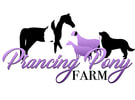
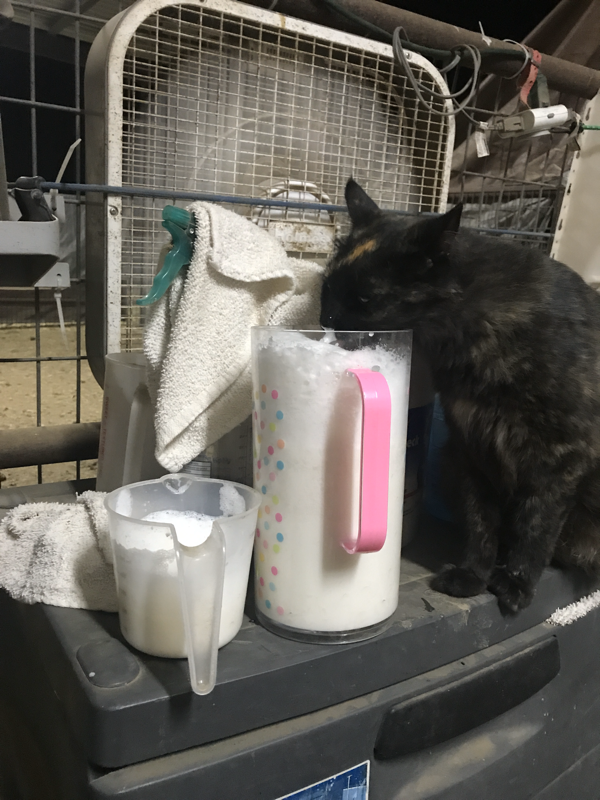
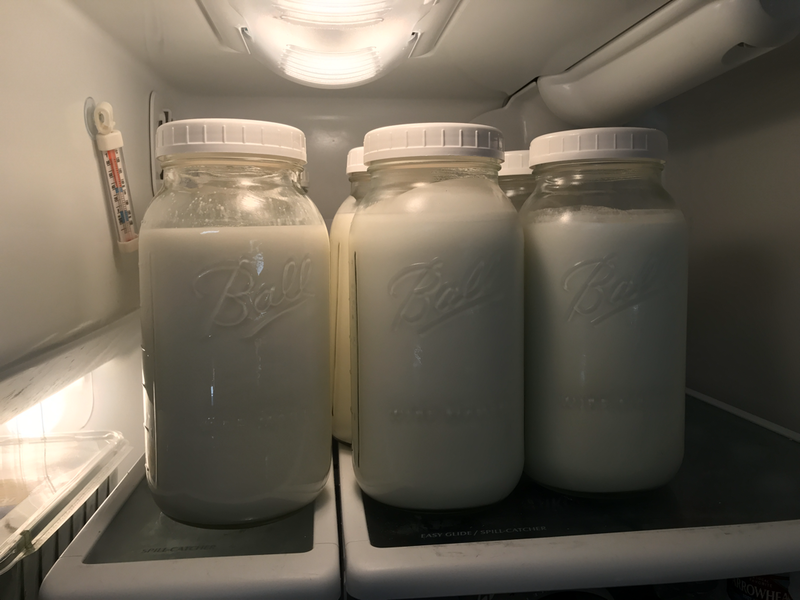
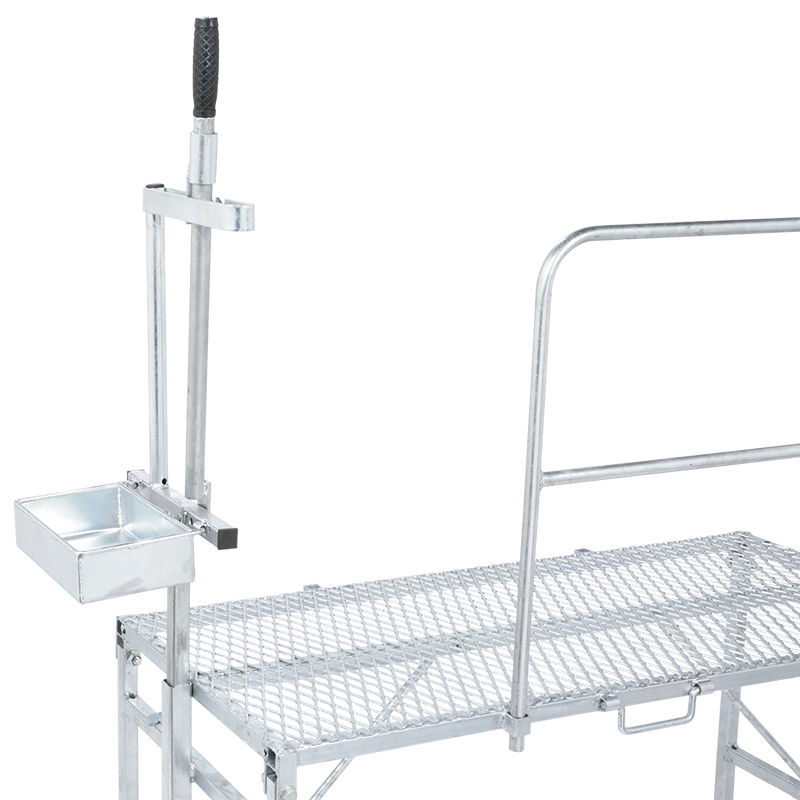
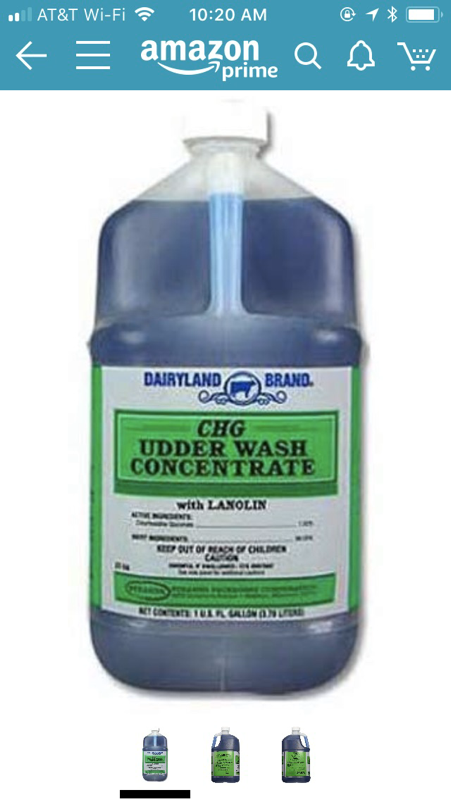
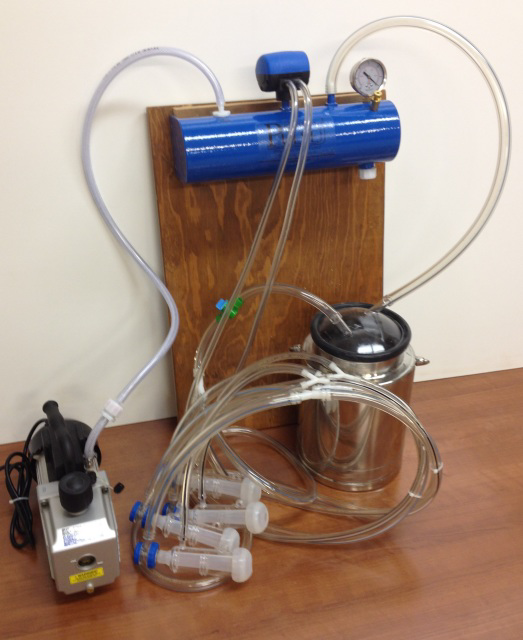
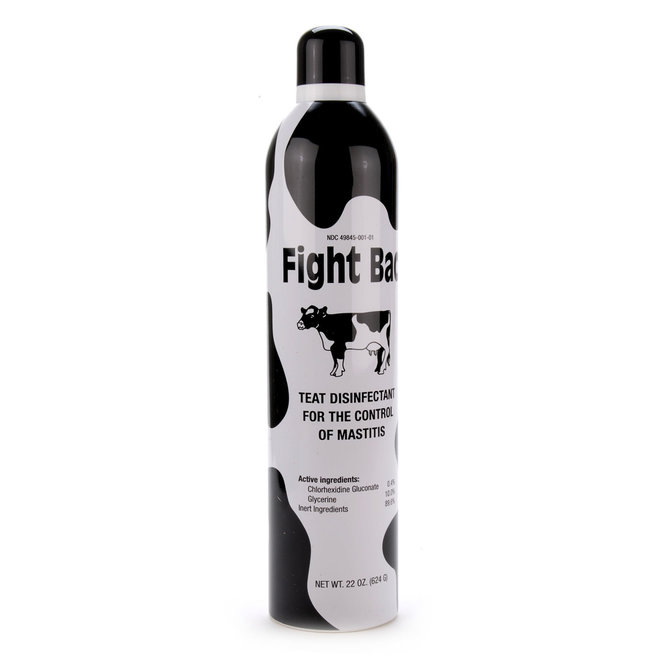
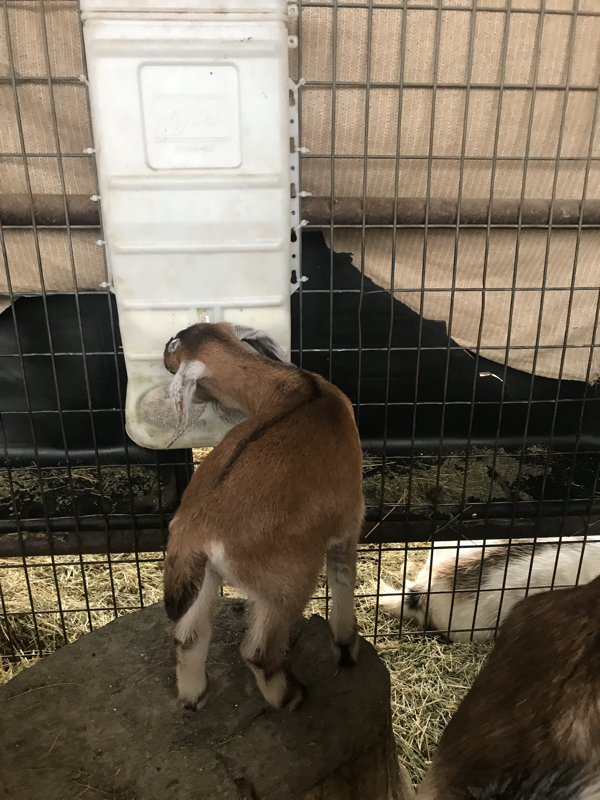
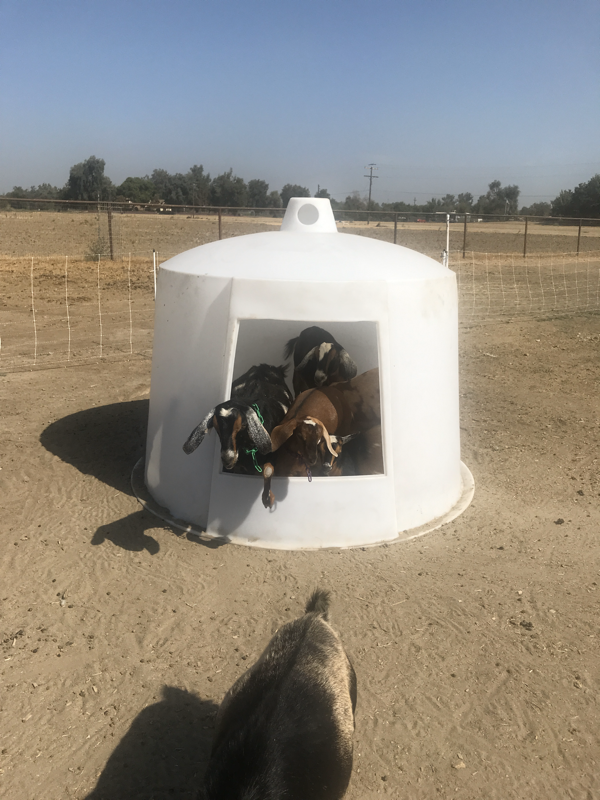
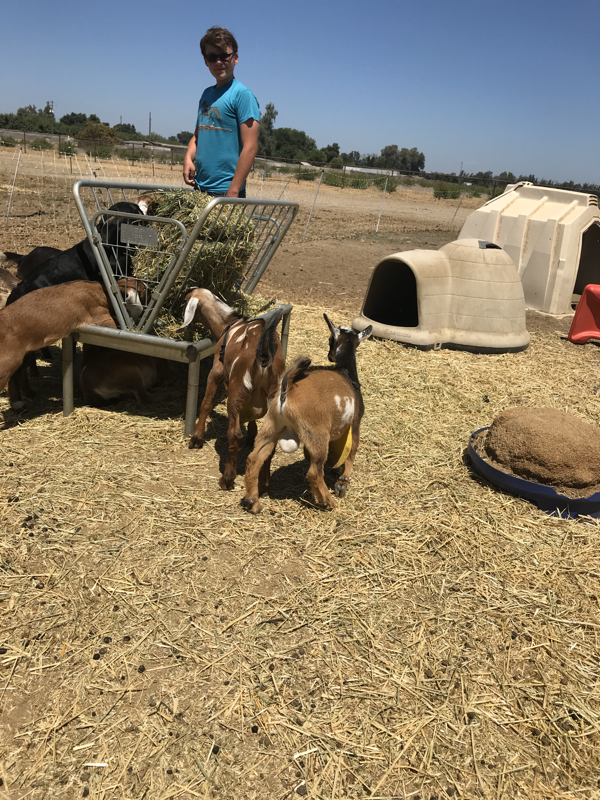
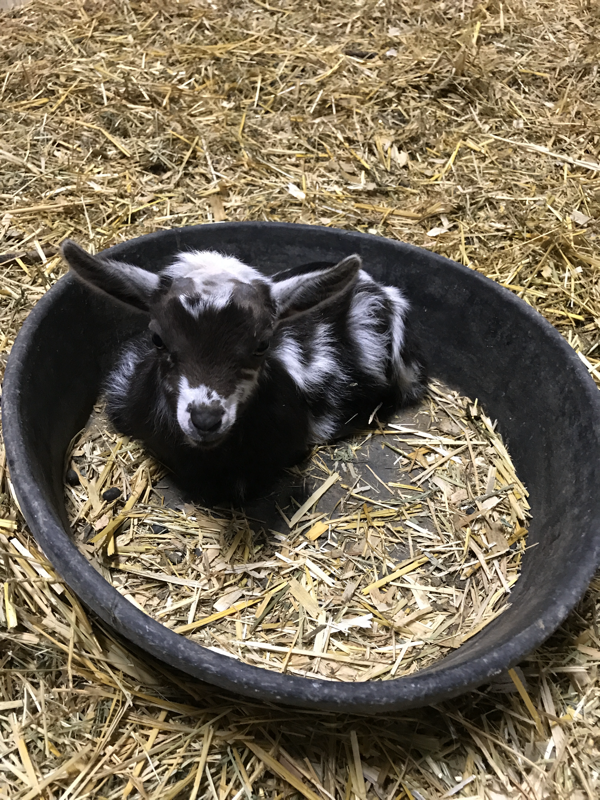
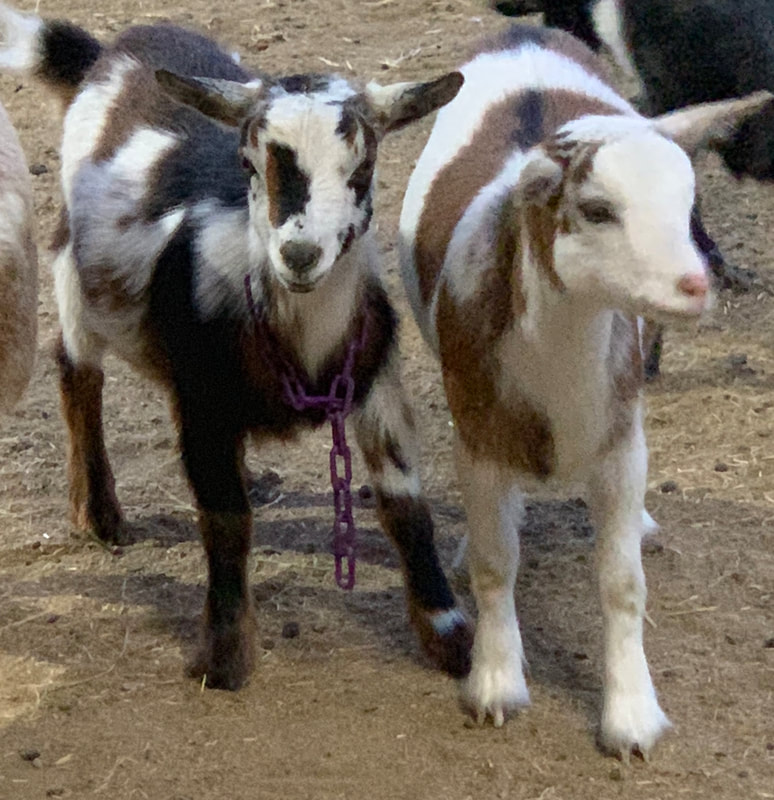
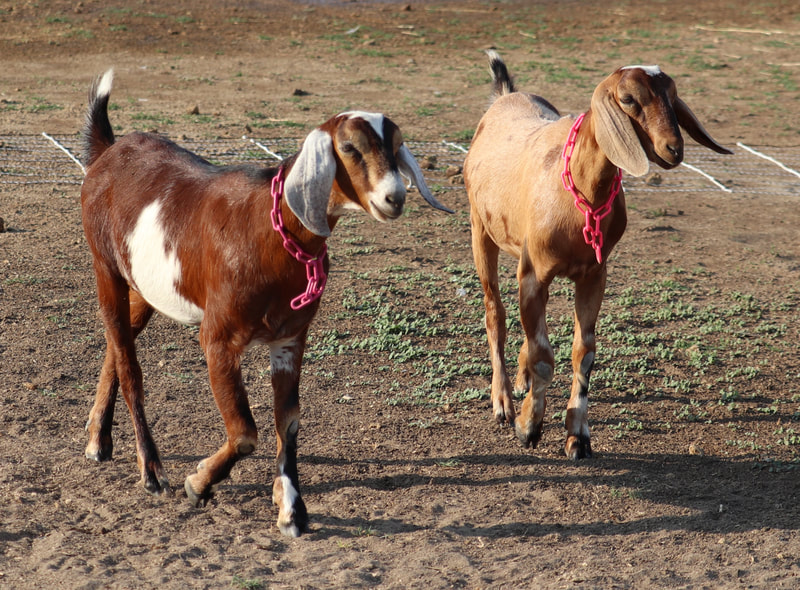
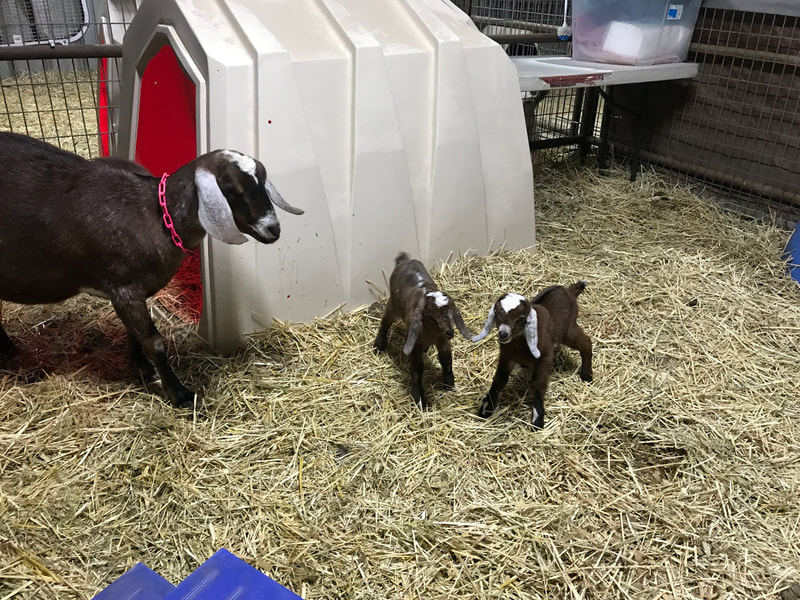
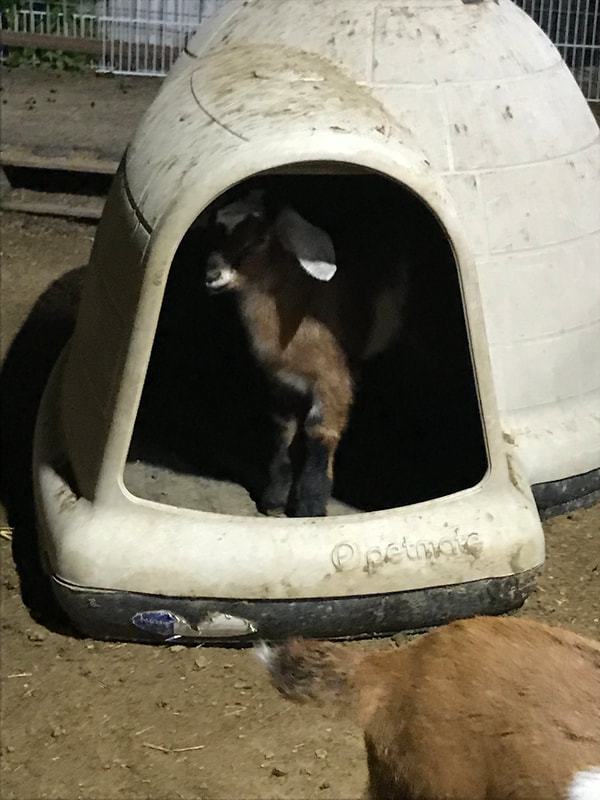
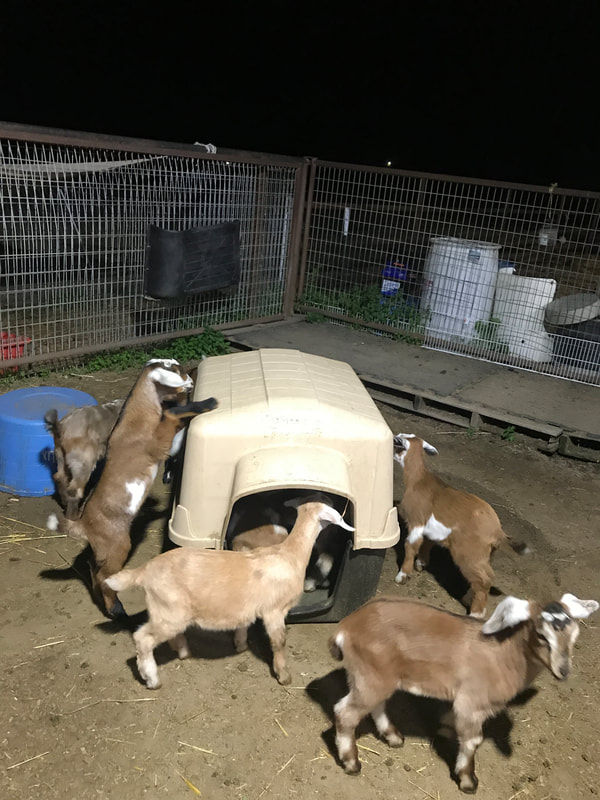
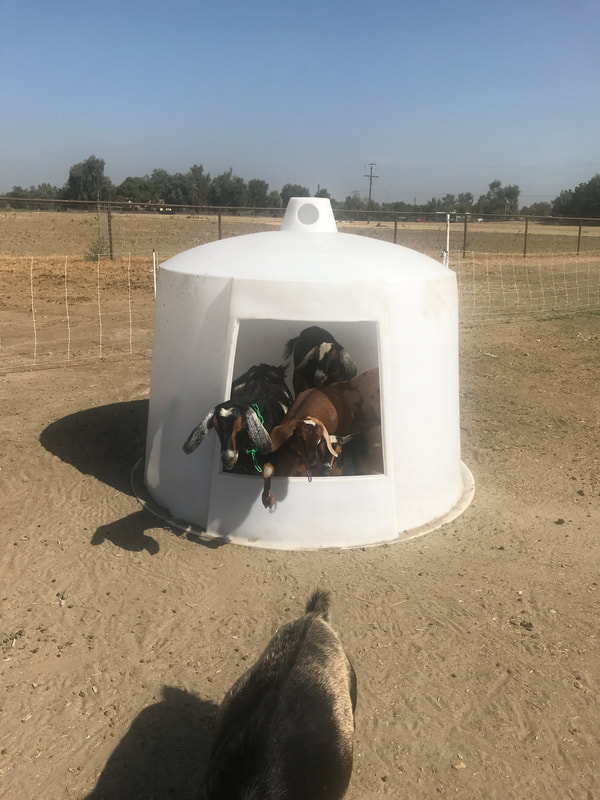
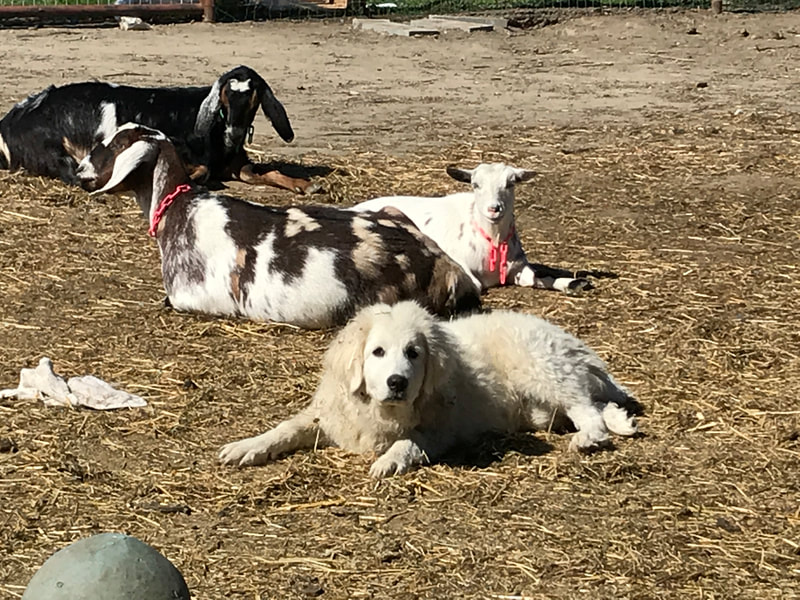
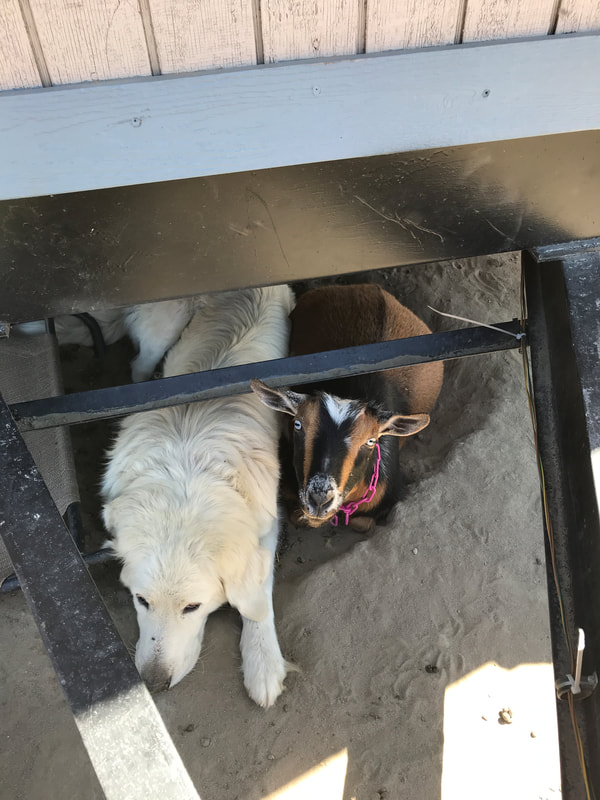
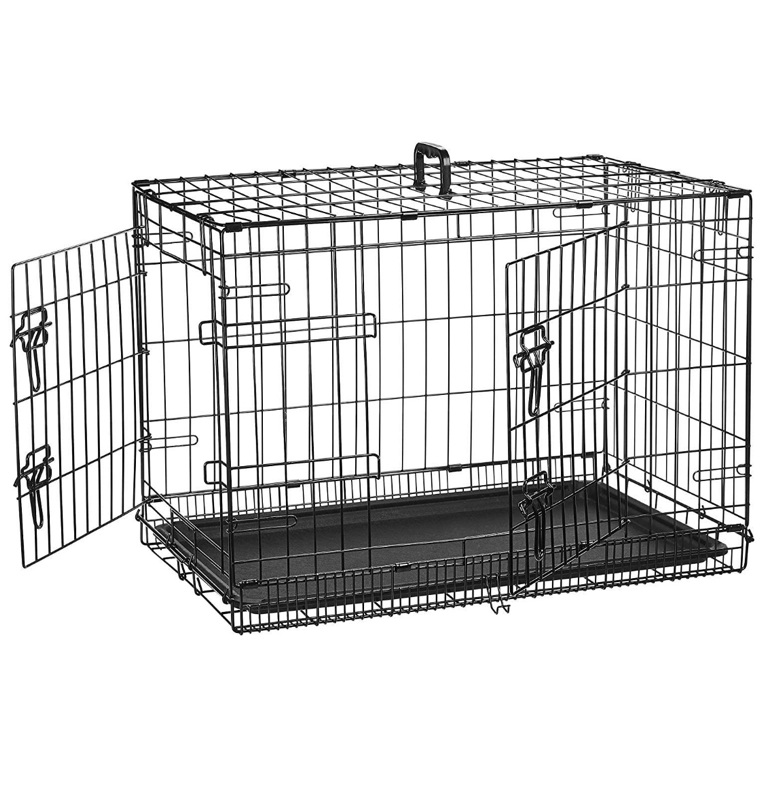
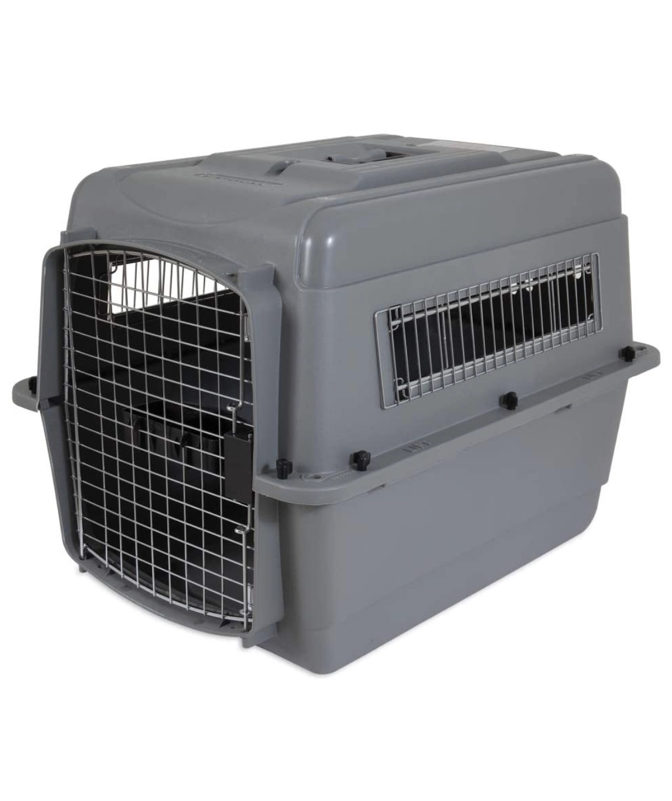
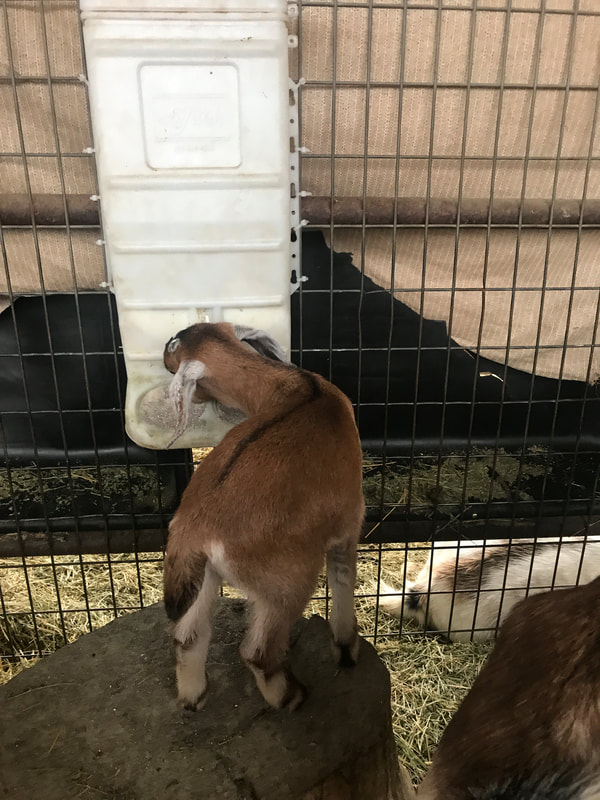
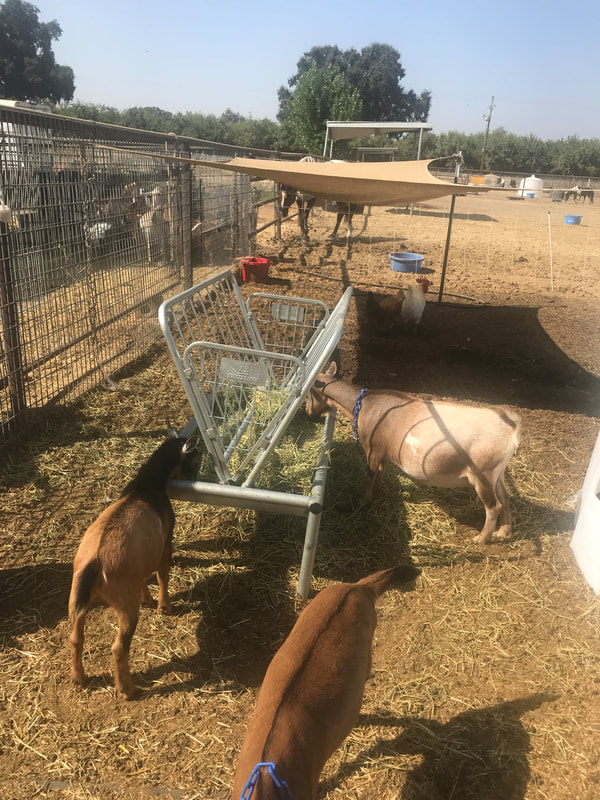
 RSS Feed
RSS Feed


